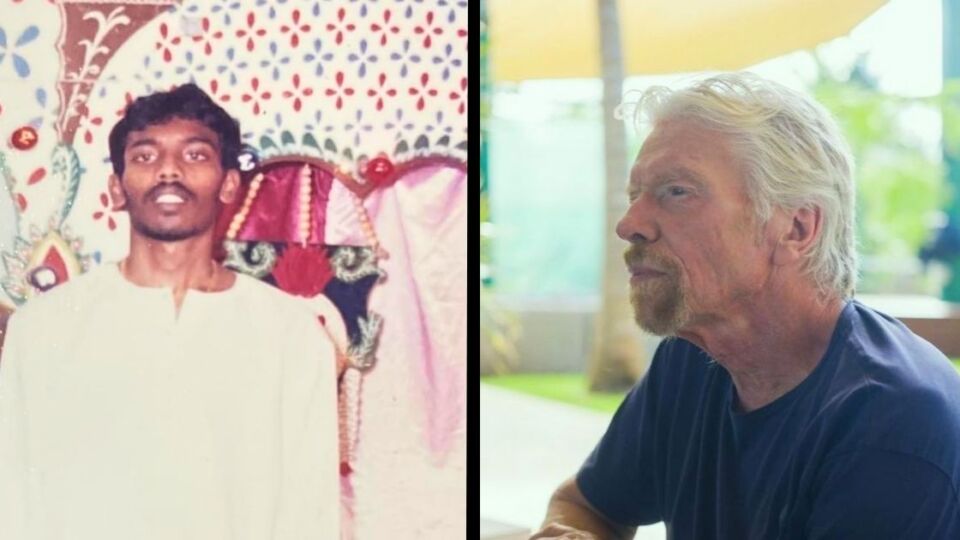Last Thursday, anti-death penalty activists in Singapore received notification that the government is preparing to execute Tangaraju Suppiah, a 46-year-old Singaporean convicted of conspiracy to traffick marijuana, this Wednesday (April 26).
Since then, local activists and Tangaraju’s family have tried to raise awareness about some of the troubling details of his case in the hopes that it can be reviewed and his execution halted. They have been joined by international voices such as Amnesty International and, most recently, British billionaire and outspoken death penalty opponent Richard Branson.
Branson, who has spoken out against Singapore’s use of the death penalty many times in the past, argues that “Singapore may be about to kill an innocent man” in a post on his personal blog published today titled “Why Tangaraju Suppiah doesn’t deserve to die”
In the post, Branson brings up many of the issues with Tangaraju’s case that local activists such as Kirsten Han and Kokila Annamalai of the Transformative Justice Collective (TJC) have been highlighting.
“Tangaraju’s case is shocking on multiple levels,” Branson writes, arguing that it “was largely a circumstantial case that relied on inferences”. Among the specific issues with the case that he notes:
- Tangaraju was “actually not anywhere near” the 1017.9g marijuana that he was convicted of conspiring to traffick in 2017
- “Investigators and prosecutors acted on the fact that his mobile numbers were stored on the actual drug traffickers’ phone, interpreting phone records and text messages as ‘proof’ of his involvement.”
- The alleged co-conspirator in the case who was actually caught in possession of the drugs plead guilty to a non-capital offence (he was reportedly sentenced to life imprisonment for possession with intent to traffick 499.99 grams of marijuana, just below the 500g threshold for a mandatory death penalty sentence).
Branson writes, “Many observers have been shocked by how thin the evidence against him was and feel he should never have been charged, let alone convicted, to begin with. I agree.”
In addition to the points Branson brought up in his blog post, local activists have also pointed out other issues with Tangaraju’s case, such as his claim that he was not given a Tamil interpreter for his recorded statements after he requested and that he did not have a lawyer present during his questioning.
Branson’s criticism of Singapore’s spate of executions last year led to Singapore’s Ministry of Home Affairs (MHA) challenging him to a live television debate over their death penalty policies. Branson declined their offer, urging the government to engage with local activists instead.
Some observers argued that the Singaporean government’s debate challenge was meant to frame the issue as being about foreigners telling Singaporeans what’s best for them, making it an issue of nationalism rather than acknowledge the growing opposition to the death penalty among Singaporeans.
Yesterday, activists from TJC and members of Tangaraju’s family collected 60 letters pleading for President Halimah Yacob to grant him clemency and stop his execution.
Singapore executed 11 people in 2022, all for non-violent drug-related offenses. The spate of executions led to a growing outcry from activists, both local and international, as well as multinational organizations such as the European Union and the United Nations, calling for the city-state to abolish its death penalty regime.
But the Singaporean government has vehemently defended the necessity of its death penalty policy against all criticism, arguing that it is essential to protecting its citizens from the scourge of drugs.
Read more:




